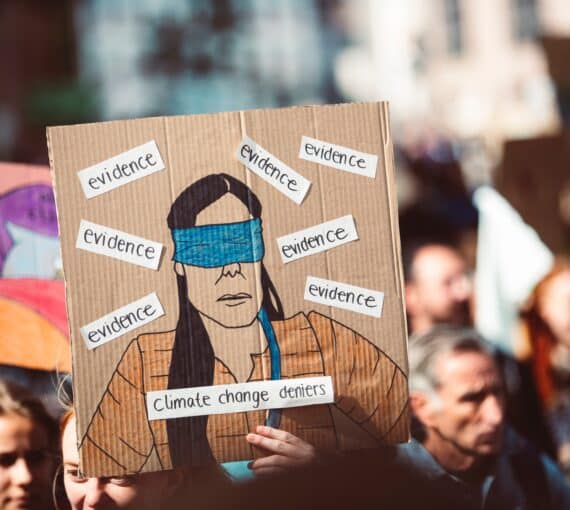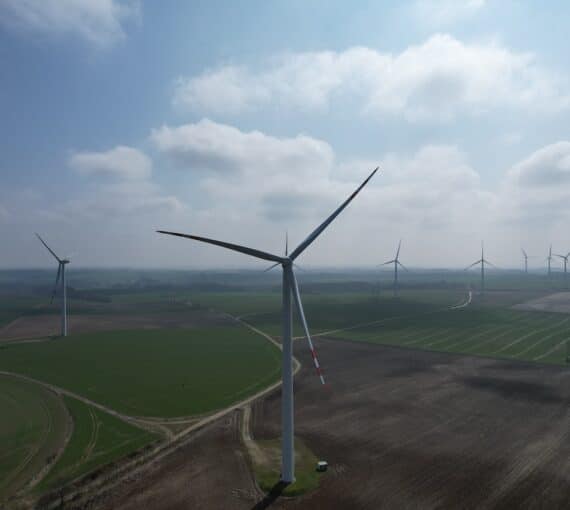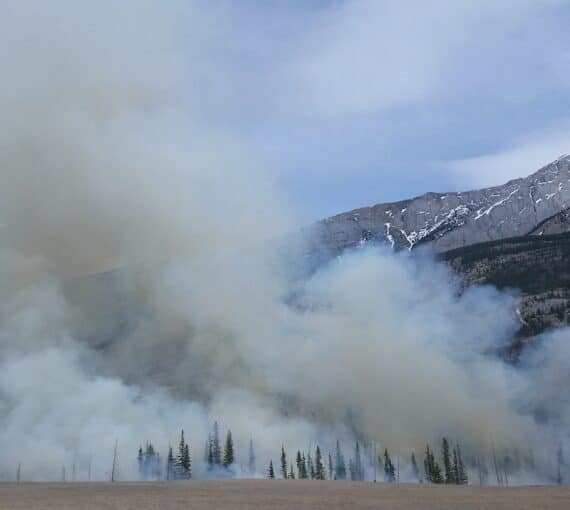
June was the hottest month ever, but July is shaping up to be even hotter (Photo: Pixabay)
On July 6, the world’s average temperature was the hottest ever recorded, at 17.23 C. That beat the previous highs on… July 3 and 4! June was the hottest month ever, but July is shaping up to be even hotter. Experts expect more records to break over the next while, as an El Niño weather pattern combines with record emissions to drive temperatures up.
“We have never seen anything like this before,” Carlo Buontempo, director of Europe’s Copernicus Climate Change Service, told the Washington Post, noting that “we are in uncharted territory.” Temperatures are hotter than they’ve been in 125,000 years!
People worldwide are feeling the effects, with scorching heat from Africa to Europe, and across China and the southern U.S. Records are even breaking in Antarctica, where warming drove sea ice to 17 per cent below the 1991-2020 June average. In Canada, May was the hottest month ever, until June recorded even higher temperatures. We see the results in air congested with wildfire smoke.
Heat and humidity are already causing an increasing number of direct deaths, along with numerous other negative impacts — floods, droughts, wildfires, refugee crises, water shortages, biodiversity loss and more.
How bad does it have to get before the world wakes up?
How bad does it have to get before the world wakes up?
Unless we reject the widespread power and influence of the fossil fuel industry in all aspects of our lives, we could reach the point of no return before we employ the many available and emerging solutions.
Industry puts massive resources into convincing people that curbing the crisis will cause too much hardship. Shell chief executive Wael Sawan recently offered an example. “What would be dangerous and irresponsible is cutting oil and gas production so that the cost of living, as we saw last year, starts to shoot up again,” he told the BBC.
Shell had planned modest production cuts, but under Sawan’s leadership has backtracked, instead enriching its executives and shareholders in the wake of fuel prices driven up by Russia’s invasion of Ukraine. As global temperatures exceed record highs, so too do the profits of companies such as Shell.
Big Oil money flows through secretive organizations that downplay or deny the climate crisis, to media outlets and to politicians, their parties and governments. Lobbyists work both sides of the fence and gain astounding access to the political sphere. Governments, including Canada’s, continue to subsidize the industry though tax and royalty breaks, infrastructure purchases and more.
Dirty oil sands bitumen is sold as “ethical” and fracked methane gas as a “natural” climate solution. And who can forget “clean coal”? The industry and its supporters paint themselves as beneficial to society, creating jobs, boosting economies and keeping the lights on. Ordinary people struggling to pay bills are often too busy to see through these greenwashed false narratives.
Unless we reject the widespread power and influence of the fossil fuel industry in all aspects of our lives, we could reach the point of no return before we employ the many available and emerging solutions.
It doesn’t have to be that way. Renewable energy, energy efficiency and conservation offer numerous advantages over fossil fuels beyond climate benefits. Along with energy storage, technologies including wind and solar have advanced much faster than experts predicted, and costs have dropped to the point where they’re far lower than coal, oil and gas prices.
Renewables also create greater energy independence and better employment opportunities.
The only ones who don’t reap massive benefits from a rapid transition away from fossil fuels are the relatively few who profit enormously by monopolizing supplies, production and distribution of gas, oil and coal — and the politicians and media supporters on the receiving end of their donations and ad dollars.
That doesn’t mean shifting from fossil fuels to cleaner energy will be painless. We might have to curtail or give up luxuries, and the overconsumption, to which we’ve become accustomed — especially in wealthier parts of the world. For example, although electric vehicles are far better than gas-burners, private SUVs and automobiles for everyone aren’t sustainable over the long term regardless of how they’re powered.
But the transition won’t be as painful as the fossil fuel industry wants you to believe — although the more we delay in taking the much-needed steps, the more difficult it will be.
The only records we should be breaking now are in the speed at which we adopt healthier ways to live and to power our societies — without fossil fuels.



